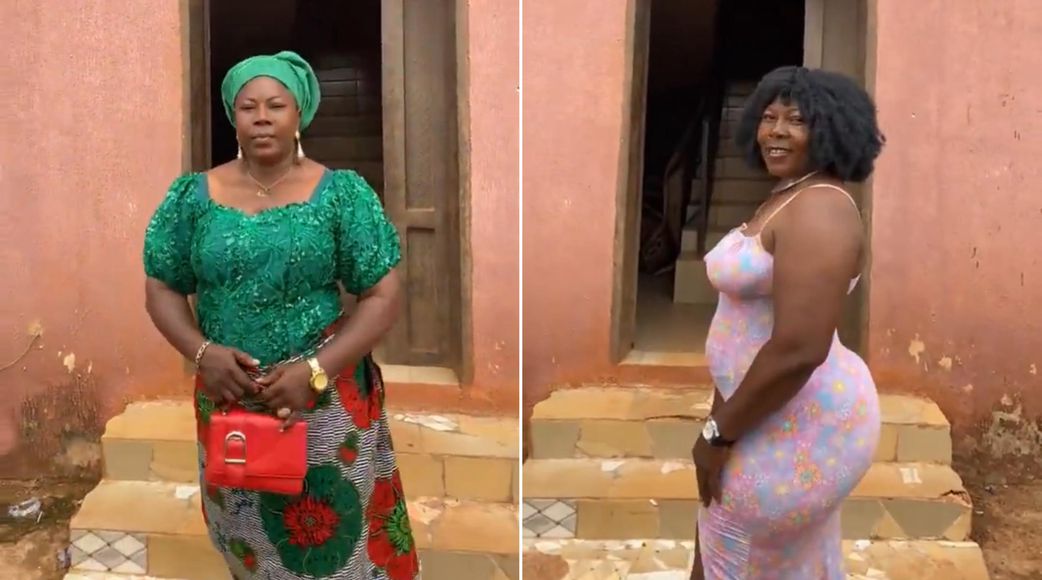Motherhood is often celebrated as the pinnacle of a woman’s journey, but it comes with an unspoken expectation—once a woman becomes a mother, she is expected to shrink into the background, her identity fading into responsibilities, childcare, and modesty.
A recent social media trend, the Mum Dress Like Daughter Challenge, has sparked conversations about how society dictates a mother’s appearance. In the viral challenge, women swap clothes with their daughters, revealing that they, too, can be vibrant, stylish, and youthful. The shock from viewers was telling—many had never considered that mothers could still be beautiful, fashionable, and confident.
But why the surprise?
In many cultures, including Nigerian society, mothers are subtly conditioned to adopt a desexualized, self-sacrificing version of womanhood. The moment a woman says “I do,” she is handed a new wardrobe: loose-fitting clothes, headscarves, and wrappers. “Dress your age,” they say. But what does that really mean?
It means fading into the background. It means losing touch with individuality, expression, and even joy. It means swapping fitted dresses for shapeless bubus and trading red lipstick for invisibility.
Social media, however, is disrupting this cycle. As people cheer for mothers reclaiming their beauty and confidence, many women are asking: Why did we stop being women the moment we became mothers?
This challenge is about more than clothing. It’s about control. It’s about societal norms that strip women of their individuality and desirability after marriage and childbirth. It’s about the outdated notion that mothers must only exist for their families, never for themselves.
To All the Mothers Reading This You were a woman before you became a mother. You don’t owe society dullness just because you have children. You are allowed to wear jeans. You are allowed to rock red lipstick. You are allowed to feel beautiful.
Motherhood should not mean invisibility. It is time for women—mothers included—to reclaim their right to self-expression.





